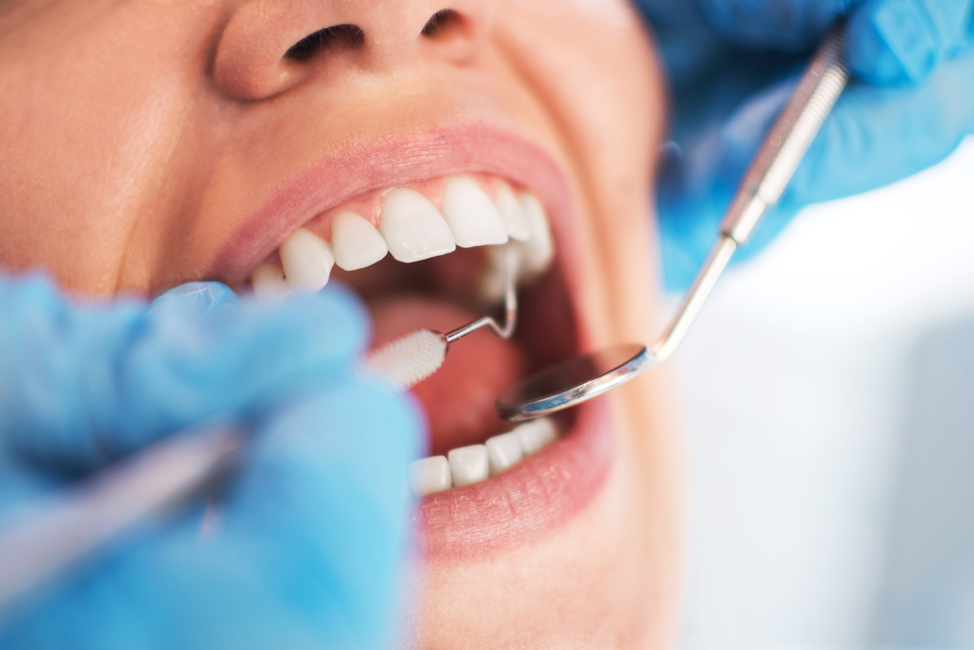A charming grin is a desirable asset in social situations. However, there are a number of dental issues that can make it more difficult to achieve a picture-perfect grin. The health and appearance of your teeth might be negatively impacted by conditions like malocclusion. The teeth are the foundation of a mouth free of disease and decay. Malocclusion can have an effect on dental health since it affects the teeth directly. The negative effects of malocclusion on your teeth will be discussed in this piece. Discuss your treatment options with a Skokie dentist.
The various forms of malocclusion
When teeth aren’t properly aligned, it’s called malocclusion. Underbite, overbite, and crossbite are the three most common kinds of malocclusion.
The lower jaw protrudes more in front of the upper jaw, a condition known as an underbite.
In cases of overbite, the upper teeth extend past the lower ones.
In a crossbite, the upper teeth bite over the lower teeth only on one side of the mouth.
Your dentist will not only identify the specific type of malocclusion you have but will also classify it as either class I, II, or III. Types of malocclusion include the following:
- Class I is the most frequent type, and it’s characterized by upper and lower molars that are aligned appropriately but otherwise crooked or crowded.
- Class II: This condition, which may be the result of a narrow jaw, is characterized by a severe overbite in which the upper teeth significantly overlap the lower teeth.
- Class III: Characterized by a significant underbite with lower teeth overlapping the upper teeth, class III may be the result of a bigger jaw.
While the specific impact of malocclusion on oral health can vary depending on the nature and severity of the issue, the following are some of the most common ways in which malocclusion can negatively impact a person’s smile:
Bad Breath May Lead to Bad Teeth
Even among those with perfectly aligned teeth, the most prevalent dental disorders are tooth decay and gum disease. However, people who have been diagnosed with malocclusion are at a higher risk for these dental issues. This is primarily due to the fact that improperly positioned teeth are notoriously challenging to keep clean. Plaque and tartar tend to build up in the difficult-to-reach crevices between overlapping teeth. Damage to teeth and gums can result from an excess of plaque and tartar.


